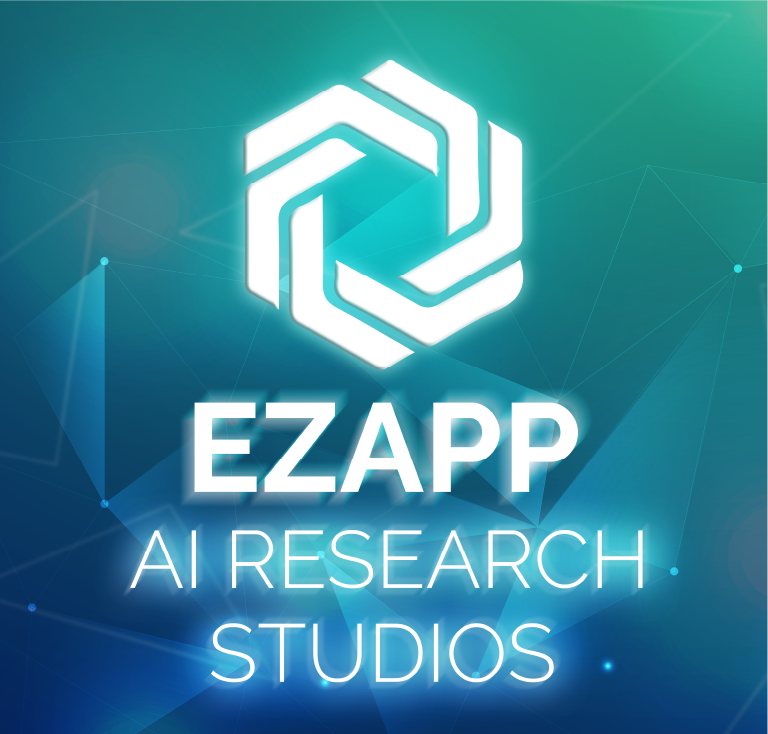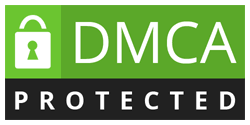Our Cloud Engineering Services expert team can get your cloud up and running without disrupting your delivery efforts.





We provide Cloud Engineering services to migrate your data from Legacy Onprem db to Cloud Infrastructure. Our Services span from Data Engineering, Data Migration, Business Intelligence Reporting, Machine Learning to build Sagemaker models to automate the Forecasting and Predictions for your Business needs
Ezapp solution covers the entire spectrum of cloud development capabilities, helping our clients create a holistic strategy, migrate their applications and workloads to virtualized environments or refactor them for more efficient utilization of cloud-native services. Before starting any development or migration, we perform a thorough analysis of your current IT infrastructure, as well as build a clear roadmap to extract the desired level of cost efficiency and ensure that all your business-critical requirements are met.




Ezapp solution covers the entire spectrum of cloud development capabilities, helping our clients create a holistic strategy, migrate their applications and workloads to virtualized environments or refactor them for more efficient utilization of cloud-native services. Before starting any development or migration, we perform a thorough analysis of your current IT infrastructure, as well as build a clear roadmap to extract the desired level of cost efficiency and ensure that all your business-critical requirements are met.

EzappSolution is an recognized as Top Android Development Company. Our Talented resources bring the right match of skills, fit the technical landscape of the Product development challenges and deliver Best Quality Apps on the App Store.
EzappSolution provides App Developers from short term to long term engagement models. Our engagement model is transparent and accountable between the Client and EzappSolution. We provide Project Management tools to track progress and performance of the developer and give full access to properly manage the developer as per the dynamic business needs
EzappSolution provides round the clock updates on syndication of the Product development, testing, blockers, solution progress. We provide different time zone agnostic reporting on Project status to bridge the gap of communication.
EzappSolution provides App Maintenance Support post release of the App. We take pride in providing support to ensure clients' success. Our policy is to ensure Client Product performs at par performance and solve the domain problem without any worry of maintenance of the App.
projects delivered
remotely
of a team senior
and middle engineers
employee turnover
rate
customer satisfaction
score





© 2023 Copyright. All rights reserved.